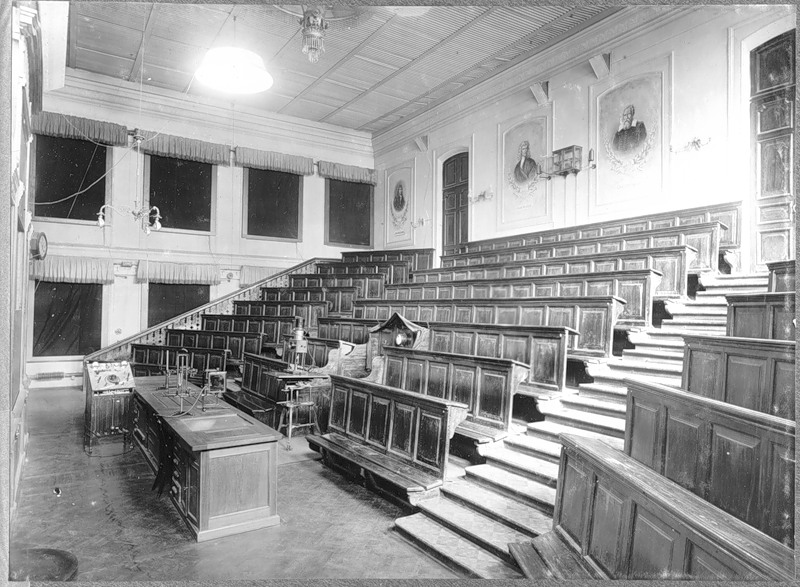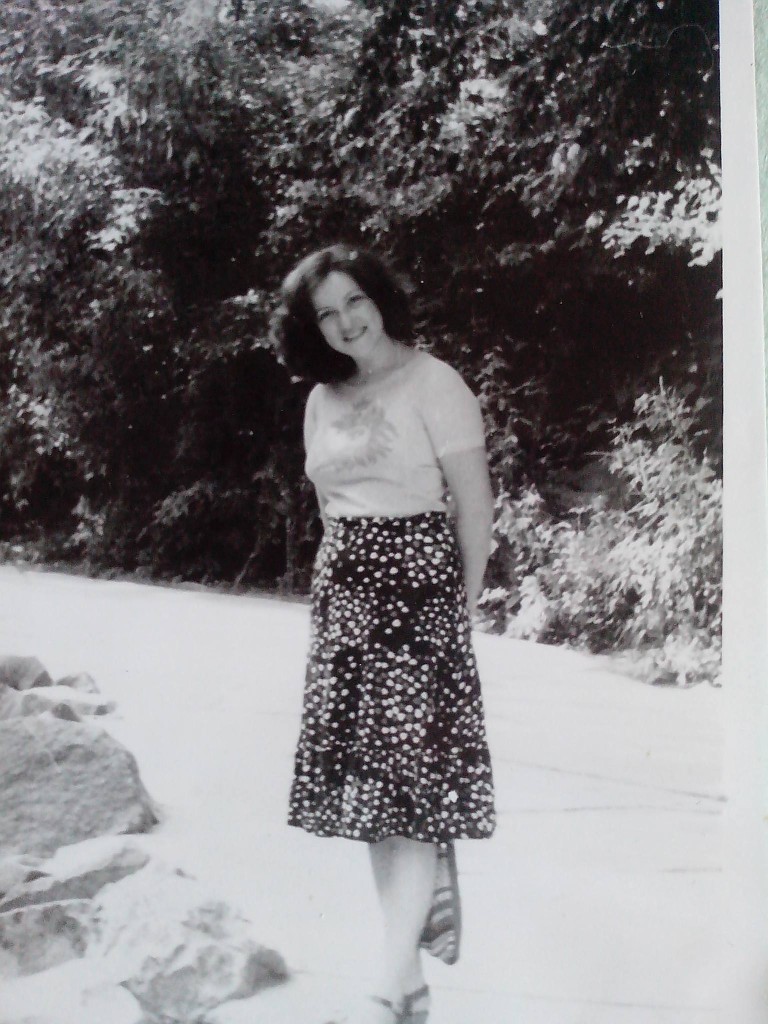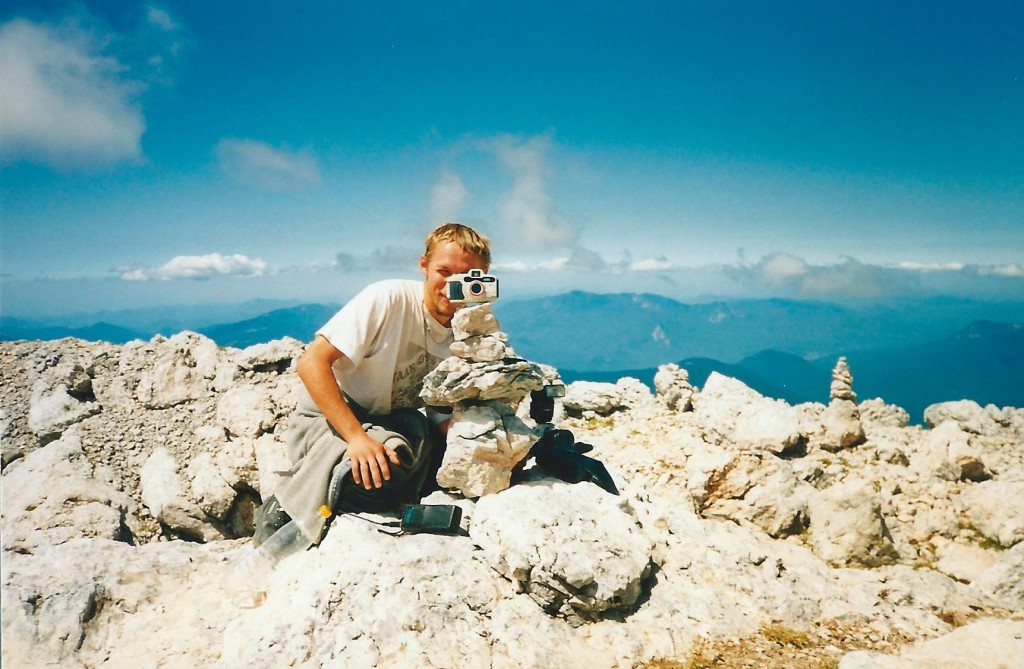Higher Education in USSR: How Moscow “Forged” its Talents (Part 2)
902 views / 23 Jul 2015
Did you ever wonder what post-secondary education was like in the USSR? How did the Communist ideology influence universities – were they oppressive and dull, or insightful and unbiased? Daria Zakharova spoke with four people who went to four different universities during the Soviet era. Each of the former students studied under four different leaders – Joseph Stalin, Nikita Khrushchev, Leonid Brezhnev and Mikhail Gorbachev. The second part of the series features the Brezhnev, Gorbachev and Yeltsin eras.
By Daria Zakharova
Irina Tseplyaeva, 55, studied at Moscow Institute of Steel and Alloys between 1978-1982 during the Brezhnev Era.
Daria Zakharova: What was distinct about university entrance requirements during the time you studied?
Irina Tseplyaeva: Jewish people could hardly get into certain universities, especially the Moscow State University (MSU). I assume it was due to the creation of Israel, as the Soviet Union didn’t want to educate people who may then immigrate. I graduated from a mathematical school and four of our best graduates received worst marks at oral exams at the faculties of mathematics and cybernetics at MSU. All of them had Jewish surnames and all of them had good or excellent marks at a written exam part. The university simply failed students at the oral exam, which was almost impossible to appeal, while the written exam could be easily appealed. As we say, “the pen is mightier than the sword’”. One could say it was anti-Semitism, and because of it the best Russian University rejected even very talented students. But I remember that very average Russian girl from our class enrolled into the same faculty. Another thing was to know the right kind of people. Those who had relatives and close friends at universities always got it.
Daria Zakharova: What was special about the time when you studied?
Irina Tseplyaeva: Throughout 5 years we studied non-stop: lectures, seminars and laboratory research. After the second year we had a practicum at a chemical-metallurgic factory in Podolsk, after third year – at Voronezh transistor electronics plant, after fourth year – at research and manufacturing association “Electronics” in Zelenograd. During the fifth year we had to finish a pre-degree practicum and defend a thesis. Our graduates held top positions in different research institutes and manufacturing structures. The level of education was very high.
Daria Zakharova: What were students like back then?
Irina Tseplyaeva: Students were diverse, mostly good people. I would divide them into several categories:
1. Singers, hikers, members of vocational clubs (I belonged to this category).
2. Komsomol activists.
3. Nerds.
4. Drunkards.
Daria Zakharova: Did the communist Ideology influence education? Were there subjects in a study curriculum related to the Communist Party?
Irina Tseplyaeva: During the first year we studied the history of the Communist party (tough stuff). During the second year it was Marxist-Leninist Philosophy (most interesting), the third year – political economy (nothing interesting, but bearable) and the fourth – scientific communism (weirdly tough stuff). The last subject was obligatory as a graduate exam as well, I got ‘’4’’ (good) which made it impossible for me to finish with the Red Diploma [honors degree]. I’m still proud of it.
Daria Zakharova: Would you like to study in a different time?
Irina Tseplyaeva: No. The level of education was very high. There were many talented and famous scientists among our professors, for example, Dmitry Shparo. The only disadvantage of those times – it was impossible to study abroad.
Daria Zakharova: Tell us about some interesting stories during your studies.
Irina Tseplyaeva: Many students were kicked out for drinking. One student, while intoxicated, burnt a mattress and threw it out a window of a dormitory room, another – while also drunk kicked the dean in the butt while he was monitoring dormitories. Both were expelled, one of them, nevertheless, resumed studies after serving at the Russian Far Eastern fleet for 3 years. One more funny memory – during a math exam one guy, Igor Nabiulin, plagiarized my work. I made a little mistake in one math task. I expected to get at least ‘’4’’ (good mark). But on the next seminar a professor gave Nabiulin and me our works and said: “Strange. I have two papers with an identical mistake. I don’t care who plagiarized whom I gave both ‘’2’’ (unsatisfactory)”. I received my paper with words “2” plagiarized from Nabiulin”, Nabiulin received his work with words “2” plagiarized from Tseplyaeva.”
Sergey Panomarev, 44, studied at the Moscow State University (MSU) between 1990-1995 during the Gorbachev and Yeltsin Eras.
Daria Zakharova: What was distinct about university entrance requirements during the time you studied?
Sergey Panomarev: Peculiarities were that I had to prepare very well to get into the university. So well that knowledge obtained in school was far from sufficient.
Daria Zakharova: What was special about the time when you studied?
Sergey Panomarev: First year we had to study diligently, devoting plenty of our free time to studies. Due to the heavy study load the majority of students were expelled from the university during the first year. The study process became easier afterwards.
Daria Zakharova: What were students like back then?
Sergey Panomarev: Great! Striking, vivid, offbeat, intelligent personalities!
Daria Zakharova: Did the communist Ideology influence education? Were there subjects in a study curriculum related to the Communist Party?
Sergey Panomarev: A year I was enrolled, these subjects were abolished and eliminated from the study curriculum. So I didn’t study any of that.
Daria Zakharova: Would you like to study in a different time?
Sergey Panomarev: No. It was one of the best times of my life.
Daria Zakharova: What is the difference between modern students and students of your generation?
Sergey Panomarev: Modern students are quite lazy, not all of them of course but many. There’s a certain “clan” of commercial students, those who pay for their education. They don’t want to study, assuming that everything is paid for. They are just there to get the “precious paper” (diploma). In turn, universities don’t kick them out because of the financial profit they bring. As a result the mix of commercial and non-commercial students at universities is quite bad, as it brings the level of education down. The number of commercial students started to prevail the number of non-commercial students over the years. There are now exclusively private universities, where the atmosphere is, in my opinion, the worst. The policy of these private universities is to give everyone high marks – otherwise no one would like to get enrolled and pay.
Daria Zakharova: Tell us about some interesting stories during your studies.
Sergey Panomarev: There were so many of them, especially during practicums. To tell all of these stories I’d have to sit down and write memoirs.
The views and opinions contained in this article are those of the author. They do not necessarily represent the views of Russian Accent.
Stay tuned and be social, follow us on Twitter @RussAccent, like our page on Facebook/raccent and Vk.com/r_accent. Let’s be friends!
comments (1)
POST A COMMENT
Your email address will not be published. Required fields are marked *



Until late 1980s, there was a systemic antagonism between two poles – communist and capitalist one. One could not avoid the powerful tool of ideology, especially in USSR. Ideology was compulsory, however it did not prevent from producing excellent scientists. References to anti-semitism I would consider as rare exceptions, for everybody knows, that he/she had in schools/universities brilliant teachers/professors, most of whom were Jewish. Not to mention Nobel price winners.